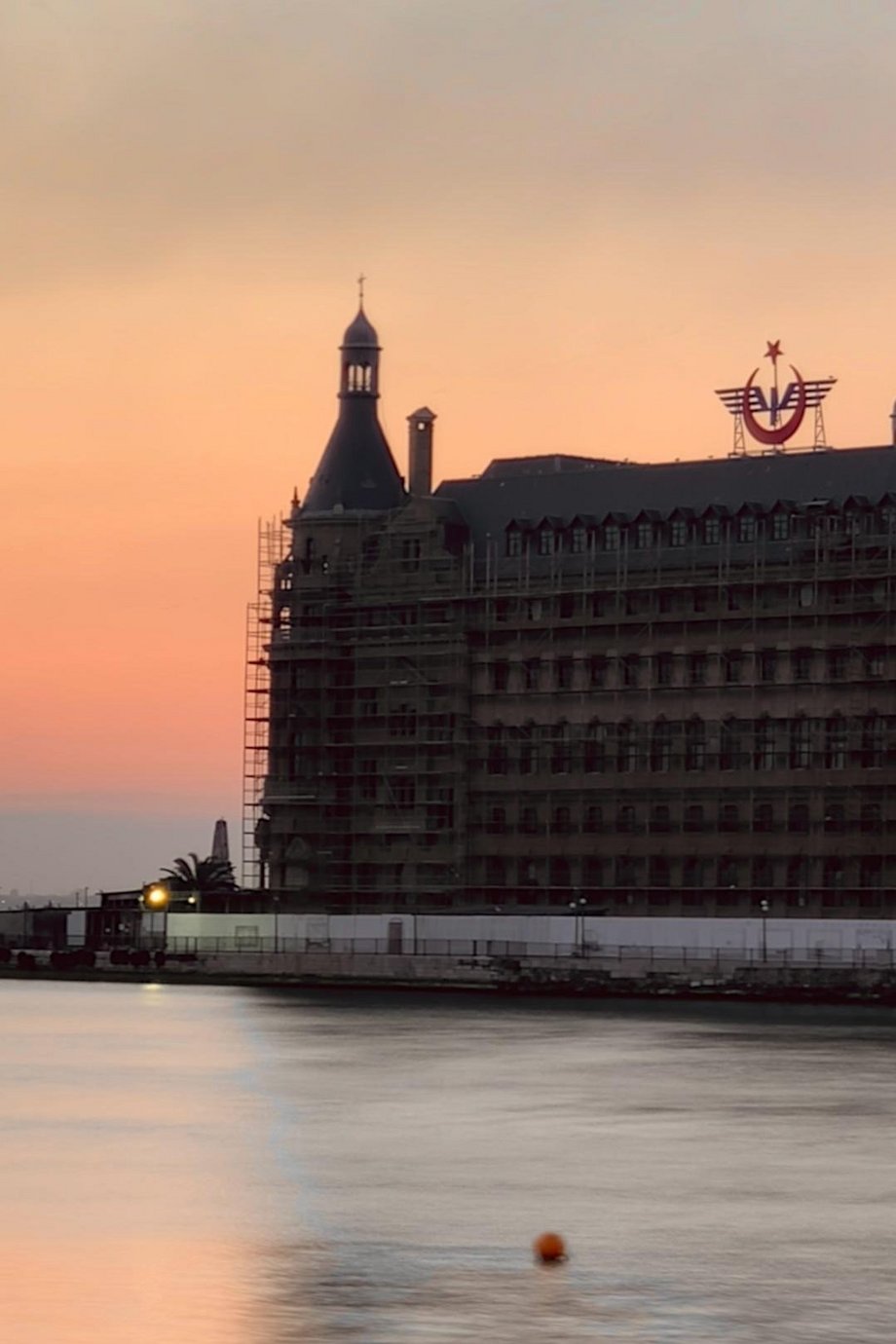Railway Stations: Connectivity and Encounters of Cultures

Lecturer
Prof. Dr.-Ing. Turgut Saner
Content
Train stations, especially the monumental termini possess a unique symbolic value as places where people often experience their initial encounter with a city or bid it farewell. This particular significance is reflected in the city façades which frequently embody manifestations of imperialism, colonialism or national feelings. The distinctive design and style of these stations encapsulate the cultural interactions of their respective time of construction. Many railway stations are today explicitly protected as cultural heritage sites. The global proliferation of the railway system in the 19th c. precipitated an increase in transcultural encounters amplifying the representative role of the stations. The expansion of the railway networks beyond Europe lead to the emergence of new global political and commercial agendas; Asia and Africa, as well as the Americas were rapidly furnished with railroads and stations around the turn of the century. The course approaches to this modern phenomenon in a comprehensive manner. The particular case studies of this course are the imperial stations in Istanbul built by the German architects and engineers: Sirkeci, the Orientalist style terminus of the Orient Express on the European side, and Haydarpaşa on the Asian side, built in German Renaissance style, once meant to be the starting point of the Baghdad and Hejaz railways. After the introductory in-class presentations in the initial weeks, the students will start their research projects. They individually engage with specific railroads (the Orient Express, Baghdad or Hejaz lines) and their train stations focusing on transcultural aspects. In addition, they analyze the stylistic and urban features, as well as the heritage values of the train stations. A study trip will be organized to experience the architecture of the palace-like Leipzig Terminus. The project outcomes will be featured as a student poster exhibition and a booklet. The oral presentations and their originality, the students’ engagement in the preparation of the exhibition and booklet are the major criteria of evaluation.
First Meeting
16.04.2025 13:45, LG2A 0.03
Timing and Location
16.04.2025 bis 16.07.2025, LG2A 0.03
Study program
World Heritage Studies M.A.
Heritage Conservation and Site Management M.A.
